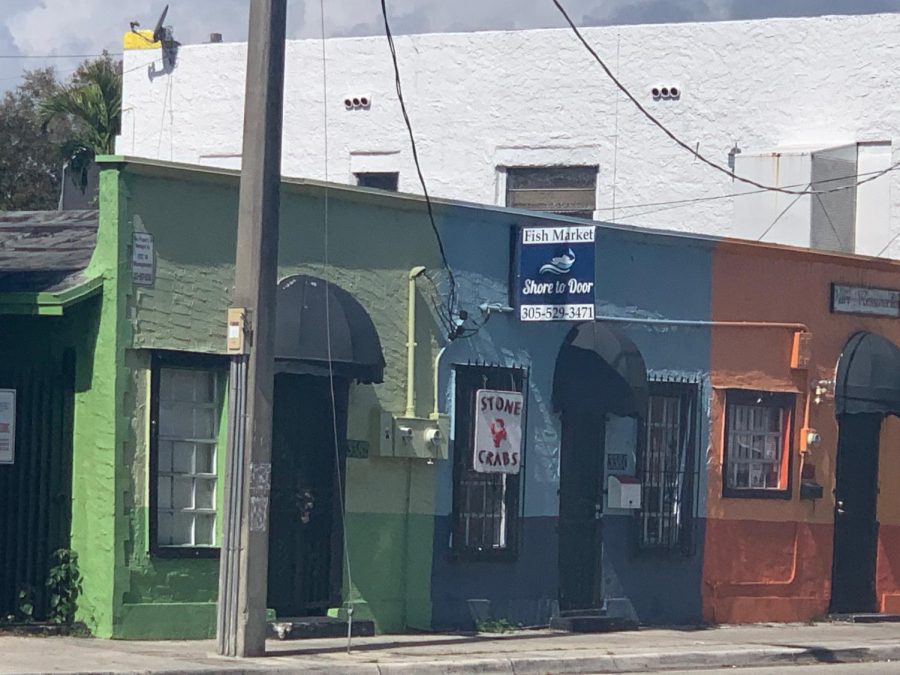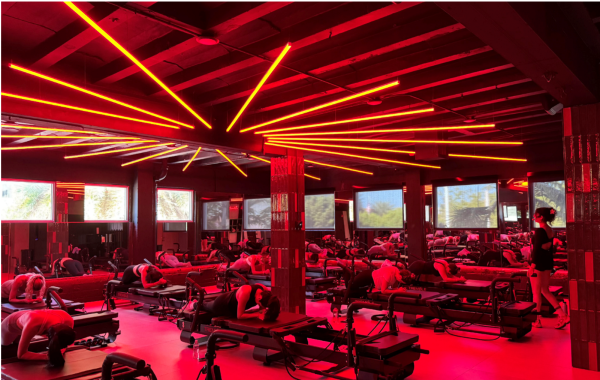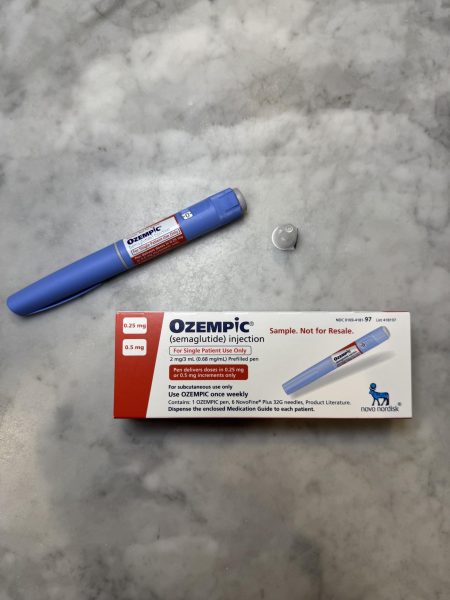How COVID transformed local businesses in the Grove and West Grove
Shore to Door is a local fish market owned by Indira Funes located in the heart of the Grove
At the start of the pandemic, Coconut Grove became a ghost town. Businesses shut down, and people seldom left home. Kristen Cortese, the owner of the grooming business Ruff Cuts, remarked that seeing fewer people walking around was “sad and weird because the Grove is normally populated with many people enjoying the community.” This was life for a long time in the Grove.
Since then, however, the Grove has largely bounced back: at any given time, the streets will be bustling with pedestrians and people dining outside. This change is partly due to a lack of COVID-19 restrictions from local government. As Grove resident and RE World Languages Department Chair Dr. Monk pointed out with some dismay, when he walks through the Grove, “no more than 50% of people are wearing masks.”
But the Grove also owes its turnaround to the adaptability of local businesses, many of which found themselves having to transform dramatically after last year’s lockdowns started.
Restaurants in the heart of the Grove took a big hit at the start of the pandemic. Many were forced to close or adjust to takeout only, building makeshift takeout windows in the span of one or two weeks. Longstanding, successful establishments like Atchana, Loretta and the Butcher, and Greenstreet Cafe were all forced to cut staff and subsist on a smaller number of customers.
In the West Grove, businesses were hit even harder. One example of this is the Shore to Door Fish market. Indira Funes, the owner, said that when the lockdown started her store struggled to stay open. “No one would walk into the store to buy seafood. All the business that we had was from customers that had been regulars,” she said.
Funes’ business managed to survive only after she redesigned her entire concept and truly embraced the name Shore to Door. She now makes deliveries the entire day, and her business is almost where it was pre-pandemic. But the new format is in many ways more demanding to maintain than a traditional storefront.
In a similar way, Ruff Cuts was only able to survive after Cortese adapted her business to involve as little contact as possible with her clients. However, this was not that difficult of a change for her. Since she normally only contacts her clients when exchanging the dog pre- or post- grooming, the simplest way to cut down on contact was only accepting virtual payment. This caused her business to grow during the pandemic, and, she says, she has more customers now then she did before COVID started. However, Cortese noted that the nature of her business made it easier for her to adapt to restrictions than it might otherwise have been.
For Sebastian Jimenez, the owner of SEB Mattress in the West Grove, the pandemic has largely been “a good thing.” As he explained, when people spend more time at home, they want better mattresses to sleep on, and since people are not traveling, they now also have more money to improve their homes. He also noted that when people do buy new mattresses, they would rather support a local business with organic products than a chain with lower quality products.
Even so, Jimenez was also forced to make some changes to his business. SEB Mattress now only allows one party in the store at a time, and by appointment only. While this change limits the number of walk-ins, it means the customers who come in are looking to buy a new mattress and not just to look around.
Business have been affected in many ways during the pandemic, but the stories of Cortese, Jimenez, and Funes do share a common theme: whether or not a business can survive a lockdown depends as much on being able to adapt as it does on location and the nature of their products.







